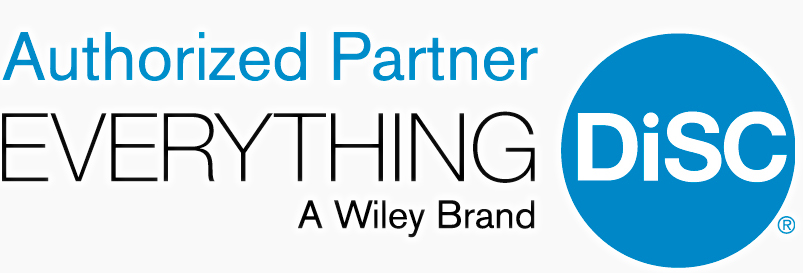Categories
Categories
Decision Style Profile Assessment for Leaders
Posted by on
Decision Style Profile Assessment for Leaders: Empowering Better Decision-Making
Effective leadership relies heavily on sound decision-making, but not all leaders approach decisions the same way. Understanding one’s decision-making style can improve outcomes, and the Decision Style Profile (DSP) Assessment is a tool designed to help leaders identify and optimize their decision-making tendencies. Let’s explore how this assessment empowers leaders to make better decisions.
Understanding the Decision Style Profile Assessment
The DSP analyzes how leaders approach decision-making by evaluating their cognitive processes, leadership tendencies, and responses to pressure. It identifies a leader’s dominant style while encouraging flexibility in different situations.
The DSP highlights five major decision-making styles:
- Directing: Leaders with a directing style are decisive and take charge, often relying on their instincts and experience to make quick decisions. They thrive in situations that require fast, confident action.
- Fact-Finding: These leaders focus on gathering and analyzing data before making decisions. They are detail-oriented and prefer to base their choices on concrete evidence and thorough research.
- Investigating: Investigative leaders emphasize exploring different options and possibilities. They often look for creative solutions and are willing to challenge conventional thinking to find innovative paths forward.
- Collaborating: Leaders with a collaborative style actively seek input from others, valuing team consensus and group discussions. They prioritize the opinions of their team and strive for decisions that reflect the collective insight of the group.
- Teaming: Teaming leaders focus on building strong, cohesive teams to support the decision-making process. They foster trust, inclusiveness, and shared responsibility, ensuring that the entire team is engaged and aligned in decision-making efforts.
This framework provides leaders with a better understanding of their decision-making tendencies, encouraging a more strategic approach in different scenarios.
How the DSP Empowers Leaders
The Decision Style Profile Assessment empowers leaders by offering insights into their leadership behaviors, helping them become more self-aware, adaptable, and effective.
1. Promoting Self-Awareness
The DSP fosters self-awareness by revealing cognitive biases and tendencies in decision-making. Leaders often unknowingly lean on habits that could hinder their effectiveness. Understanding these habits allows for personal growth and development.
For instance, a directive leader might realize they tend to rely solely on their own judgment, potentially missing valuable team input. By becoming aware of this tendency, they can consciously involve more voices in the decision-making process, leading to more well-rounded outcomes.
2. Improving Decision-Making Skills
The DSP not only identifies a leader’s decision-making style but also offers strategies for improvement. Leaders can leverage their strengths while addressing weaknesses. For example, an analytical leader may excel at making data-driven decisions but struggle with time management. The DSP can help them streamline their process to ensure timely results. Furthermore, understanding when to use each style is essential. In a crisis, a directive approach may be necessary, while in long-term planning, a conceptual or analytical approach might be more effective. The DSP helps leaders recognize the best approach for each scenario.
3. Encouraging Flexibility
In today’s fast-changing business environment, no single decision-making style is always effective. The DSP encourages flexibility by helping leaders understand all five decision-making styles and adapt their approach based on context.
A flexible leader can switch to a directive style in emergencies and adopt a conceptual style for strategic discussions. This adaptability ensures that leaders can handle a variety of challenges with confidence.
4. Fostering Collaboration
Leaders who understand their decision-making styles are more likely to foster collaboration within their teams. The DSP emphasizes the importance of balancing personal judgment with team input.
Collaborative decision-makers, for example, are skilled at creating an inclusive environment where team members feel heard. This can lead to more innovative solutions. The DSP helps leaders identify when they should involve their team more and when to assert individual judgment.
Stronger Leadership Through Self-Awareness
The Decision Style Profile Assessment is a valuable tool for leaders looking to enhance their decision-making processes. By offering insights into cognitive tendencies and providing strategies for improvement, the DSP helps leaders become more self-aware, adaptable, and effective in their roles.
At Profile Assessments, we are proud to offer the DSP for leaders and teams, helping people better understand themselves and how to improve performance in all areas of life. Check out the DSP Assessment today!
 Loading... Please wait...
Loading... Please wait... 
